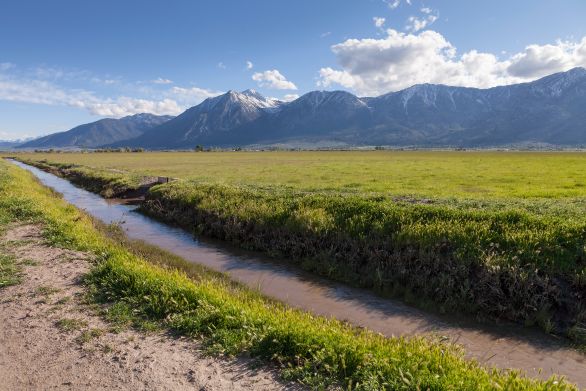 In Nevada, owning land does not automatically give you the right to use water on it. Water rights are legal permissions that allow you to use a specific amount of water for a particular purpose, like irrigation, at a specific location. These rights are separate from land ownership and are strictly regulated by the Nevada Division of Water Resources (NDWR).
In Nevada, owning land does not automatically give you the right to use water on it. Water rights are legal permissions that allow you to use a specific amount of water for a particular purpose, like irrigation, at a specific location. These rights are separate from land ownership and are strictly regulated by the Nevada Division of Water Resources (NDWR).
Because Nevada is one of the driest states in the U.S., water is managed carefully. If you plan to grow crops or raise livestock, you’ll need to ensure that your land comes with valid water rights or be prepared to apply for new rights or purchase existing ones.
Why this matters
- You cannot legally irrigate your farm without water rights.
- Wells, ponds, or ditches still require permitted use under Nevada law.
- Violating water rights laws can lead to fines or shut-offs.
Before investing in infrastructure or planning to plant anything, it’s critical to check the water rights status of your land. You can do this through the Nevada Division of Water Resources or by working with a water rights consultant or title company familiar with agricultural parcels.
Waaswa, A.
2025,
What are water rights, and why do they matter when starting a farm in Nevada?,
University of Nevada, Reno


